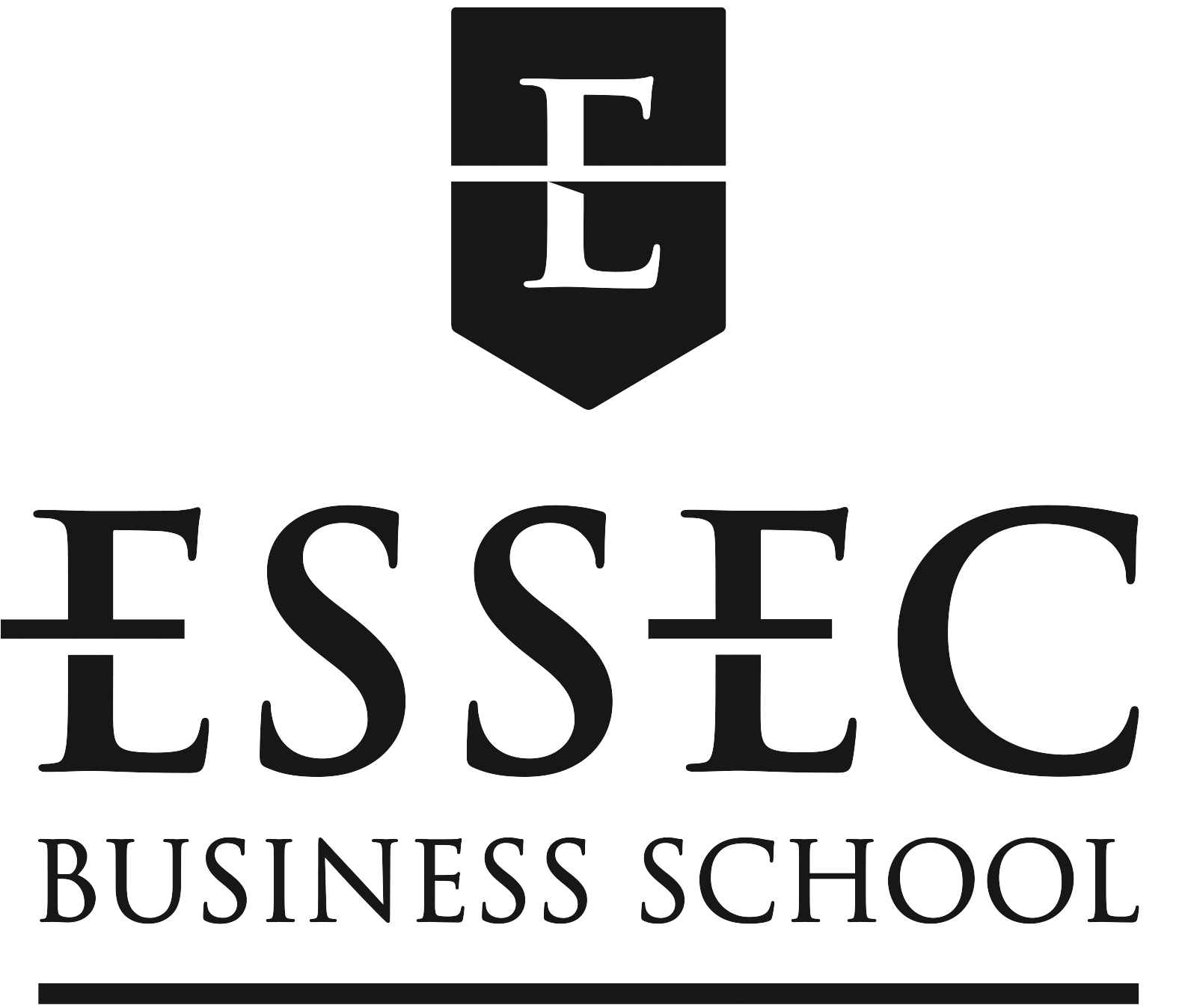How does a company know how to forecast, value their assets, set budgets, decide on investments, and make other financial decisions? The answer lies in financial modeling.
To put it simply, “You input a company’s financial statements into an Excel spreadsheet, and based on the company’s past, you can create a vision of how the company may perform in the future,” says Rick Marchese, Professor of Management Practice at ESSEC Asia-Pacific.
Marchese began his career in investment banking, working for firms like Deutsche Bank and Merrill Lynch. Today, in addition to lecturing at ESSEC, he is director at US-based fund placement firm Trailmark and principal at Lares Loreno Private Capital—both roles which delve heavily into private equity.
In his experience, financial modeling is a crucial skill for finance professionals. Yet he notes that it is often considered a “vocational skill” and not always taught as part of the core finance curriculum.
So, he leaped at the opportunity when CFA invited him to run a financial modeling boot camp for CFA Institute Research Challenge 2023-2024 participants in October last year.
The CFA Institute Research Challenge
Held annually, the CFA Institute Research Challenge is an opportunity for students from institutes of higher learning to gain real-world experience in the finance sector.
Participating teams will act as research analysts, examine a designated publicly traded company, prepare a stock pitch in the form of a written report and presentation, and argue for or against investing in the company’s stock.
Those who win locally continue to battle it at the subregional, regional, and global stages before finally emerging as champions. CFA representative Choong Tho Chan says financial modeling is crucial for success.
Enhancing its efforts to prepare students for the challenge, the CFA collaborated with Marchese to lead a financial modeling boot camp.
Learning Fundamentals from The Ground Up
Chan, who served as CEO of CFA between 2020 and 2023 and worked with Marchese to run the first edition of the financial modeling boot camp, shares that in the past, students would have to rely on their finance-related clubs and online resources to learn about financial modeling.
Therefore, the 2023 workshop was designed to level the playing field by ensuring that all students had a chance to learn the basics.
Chan says working with Marchese was key to making the boot camp possible. “As financial modeling is not an academic branch of study, not all faculty members within a business school are comfortable teaching—but Rick is both an industry practitioner and lecturer at ESSEC,” he explains.
He adds: “Rick was also very kind and wanted to give back to the community, so he ran the boot camp on a pro bono basis and even helped us secure a location at ESSEC Business School.”
Teaching the Science of Financial Modelling
Held in October 2023, the financial modeling boot camp saw around 45 students sign up from the National University of Singapore (NUS), Nanyang Technological University (NTU), Singapore Management University (SMU), and more.
For the two-day workshop, he distilled the 30-hour module taught at ESSEC Business School into bite-sized, digestible pieces for students of different ages and experience levels to grasp.
Aligned with ESSEC’s emphasis on real-world exposure, he also inserted various examples relevant to current market trends so the students could better visualize how financial modeling can help them.
Working Together for the Future of Finance
Reflecting on the boot camp’s outcome, Marchese says he is glad he was given the opportunity.
He explains this is because of the value of the CFA Institute Research Challenge. “It is a chance for students to be exposed to industry professionals that they may or may not come across on campus and a way for them to get a sense of what they want to do in the future,” he explains.
Therefore, collaborating with CFA is a chance for ESSEC to contribute to developing the next generation of finance professionals. “It’s a synergistic partnership that reinforces our mission of producing graduates with a strong foundation in finance,” he concludes.
RELATED POSTS
Highlights: ESSEC Talent Day 2024
On 6 March 2024, students from the ESSEC Asia-Pacific campus rubbed shoulders with executives from top companies in the inaugural Talent Day event.…
SMIB Students Tackle Hard Issues at the Hinrich Foundation Inaugural Sustainable Trade Challenge
Master in Strategy & Management of International Business students dive deep into the Sustainable Trade Challenge, showcasing their prowess in…
MiF Career Immersion 2023 Series: Students Take Their First Steps into the World of Finance
To enable ESSEC MiF students to better understand the industry, ESSEC Asia-Pacific organized company visits to financial powerhouses as part of the…
MiF Guest Speaker Sylvaine Masson: MD on Succeeding in the M&A Landscape
Sylvaine Masson, an ESSEC Master in Management alumna, discusses success in Asia's M&A sector. She emphasizes the importance of a strong financial…
Highlights: ESSEC Career Seminar 2023
On 8 November 2023, students from the ESSEC Asia-Pacific campus attended various talks and panel sessions featuring senior executives from top…
Highlights: ESSEC Case Competition for High School Future Leaders 2023
The ESSEC Case Competition allows high school students to learn about business studies while tackling a real-world challenge. In this latest edition,…







